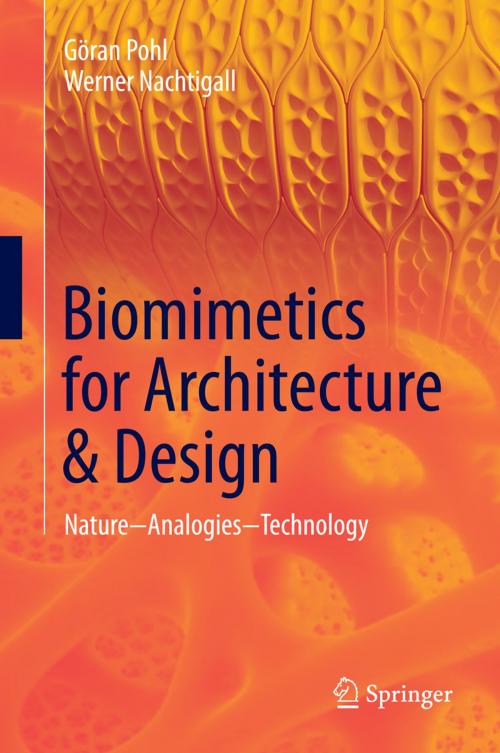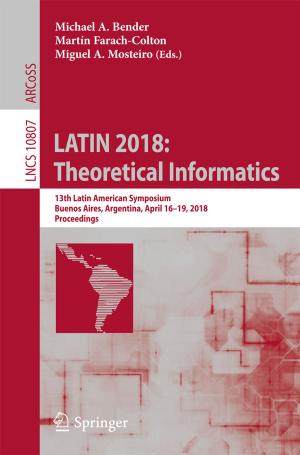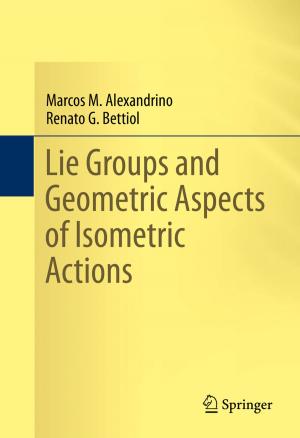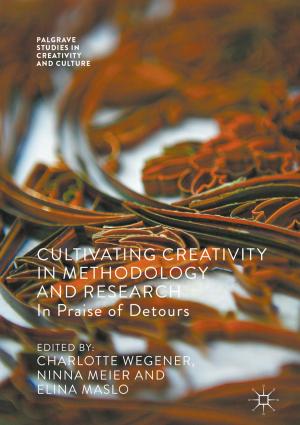Biomimetics for Architecture & Design
Nature - Analogies - Technology
Nonfiction, Science & Nature, Technology, Construction & Construction Trades, Engineering| Author: | Göran Pohl, Werner Nachtigall | ISBN: | 9783319191201 |
| Publisher: | Springer International Publishing | Publication: | October 30, 2015 |
| Imprint: | Springer | Language: | English |
| Author: | Göran Pohl, Werner Nachtigall |
| ISBN: | 9783319191201 |
| Publisher: | Springer International Publishing |
| Publication: | October 30, 2015 |
| Imprint: | Springer |
| Language: | English |
This book provides the readers with a timely guide to the application of biomimetic principles in architecture and engineering design. As a result of a combined effort by two internationally recognized authorities, the biologist Werner Nachtigall and the architect Göran Pohl, the book describes the principles which can be used to compare nature and technology, and at the same time it presents detailed explanations and examples showing how biology can be used as a source of inspiration and “translated” in building and architectural solutions (biomimicry). Even though nature cannot be directly copied, the living world can provide architects and engineers with a wealth of analogues and inspirations for their own creative designs. But how can analysis of natural entities give rise to advanced and sustainable design? By reporting on the latest bionic design methods and using extensive artwork, the book guides readers through the field of nature-inspired architecture, offering an extraordinary resource for professional architects, engineers, designers and urban planners, as well as for university teachers, researchers and students. Natural evolution is seen throughout the book as a powerful resource that can serve architecture and design by providing innovative, optimal and sustainable solutions.
This book provides the readers with a timely guide to the application of biomimetic principles in architecture and engineering design. As a result of a combined effort by two internationally recognized authorities, the biologist Werner Nachtigall and the architect Göran Pohl, the book describes the principles which can be used to compare nature and technology, and at the same time it presents detailed explanations and examples showing how biology can be used as a source of inspiration and “translated” in building and architectural solutions (biomimicry). Even though nature cannot be directly copied, the living world can provide architects and engineers with a wealth of analogues and inspirations for their own creative designs. But how can analysis of natural entities give rise to advanced and sustainable design? By reporting on the latest bionic design methods and using extensive artwork, the book guides readers through the field of nature-inspired architecture, offering an extraordinary resource for professional architects, engineers, designers and urban planners, as well as for university teachers, researchers and students. Natural evolution is seen throughout the book as a powerful resource that can serve architecture and design by providing innovative, optimal and sustainable solutions.















